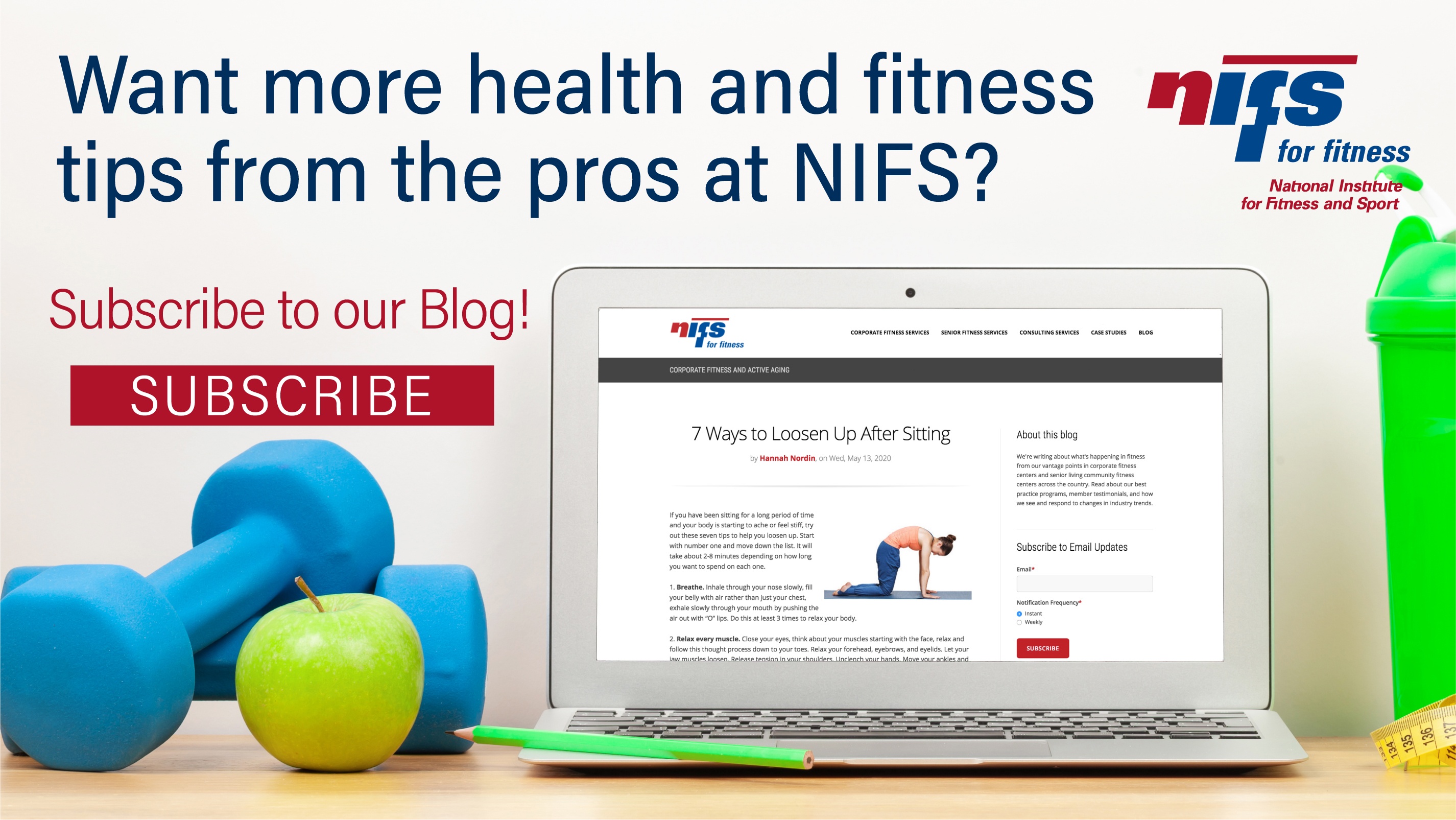 Mental health has been a growing topic of conversation over the last few years, and for good reason. The first step of mental health awareness is being comfortable enough to talk about it. This topic is no longer taboo, and people are learning to prioritize their mental health. According to the CDC, “Mental health includes our emotional, psychological, and social well-being. It affects how we think, feel, and act.” Mental illness effects millions of people in the U.S. each year. It’s important to measure how common mental illness is so that we can recognize that no one is alone in their battles.
Mental health has been a growing topic of conversation over the last few years, and for good reason. The first step of mental health awareness is being comfortable enough to talk about it. This topic is no longer taboo, and people are learning to prioritize their mental health. According to the CDC, “Mental health includes our emotional, psychological, and social well-being. It affects how we think, feel, and act.” Mental illness effects millions of people in the U.S. each year. It’s important to measure how common mental illness is so that we can recognize that no one is alone in their battles.
- 1 in 5 U.S. adults experience mental illness each year.
- 1 in 20 U.S. adults experience serious mental illness each year.
- 1 in 6 U.S. youth aged 6-17 experience a mental health disorder each year.
- 50% of all lifetime mental illness begins by age 14, and 75% by age 24.
- Suicide is the 2nd leading cause of death among people aged 10-34.
Mental and physical heath are equal components of overall health, and they often go hand in hand. For example, chronic exposure to stress hormones can cause an increased risk for heart disease, heart attacks, high blood pressure, strokes as well as many other negative health effects.
It is important that we take time to focus on our own mental health, and here is a list of ways you can prioritize your mental well-being:
- Get Active - Exercise has been proven to boost your mood, improve self-esteem, improve sleep, reduce stress, and diminish feelings of anxiety and depression.
- Establish Boundaries - If you agree to everything, you won’t have time to relax and decompress. If you say yes to everything and are constantly on the go, you won’t have time to prioritize your mental health. You need to set boundaries.
- Avoid Negative Self-Talk – Negative self-talk will increase feelings of anxiety and depression. It can cause an increase in stress levels and lower self-esteem.
- Create Support System - Keeping your mental health struggles from loved ones doesn’t help anything. The sooner you open up about these struggles, the sooner you can receive treatment.
- Become Aware of your own feelings – Many people will ignore and avoid their feelings and go about their day like nothing is wrong. If you don’t address your feelings, it will build up until you reach a breaking point.
- Eat nutritious meals – A healthy, well-balanced diet can help us think clearly and feel more alert. It can also improve concentration and attention span. A poor diet can lead to fatigue, impaired decision-making and attention span. It can lead to an increase in stress and depression.
- Reach out to a professional – Therapy is a great way to help identify your stressors, learn about your emotions, and receive a plan to address those issues.
Getting stressed out at work if perfectly normal, but when stress and anxiety is persistent and overwhelming, it needs to be managed properly. It is important to seek help when these feelings are taking over your daily life.

 The holidays are fast approaching and as we strive to help our corporate fitness members Maintain and Not Gain this season. Follow these tips and strategies to avoid tipping the scale or adding a notch to the belt over the next few weeks.
The holidays are fast approaching and as we strive to help our corporate fitness members Maintain and Not Gain this season. Follow these tips and strategies to avoid tipping the scale or adding a notch to the belt over the next few weeks. 